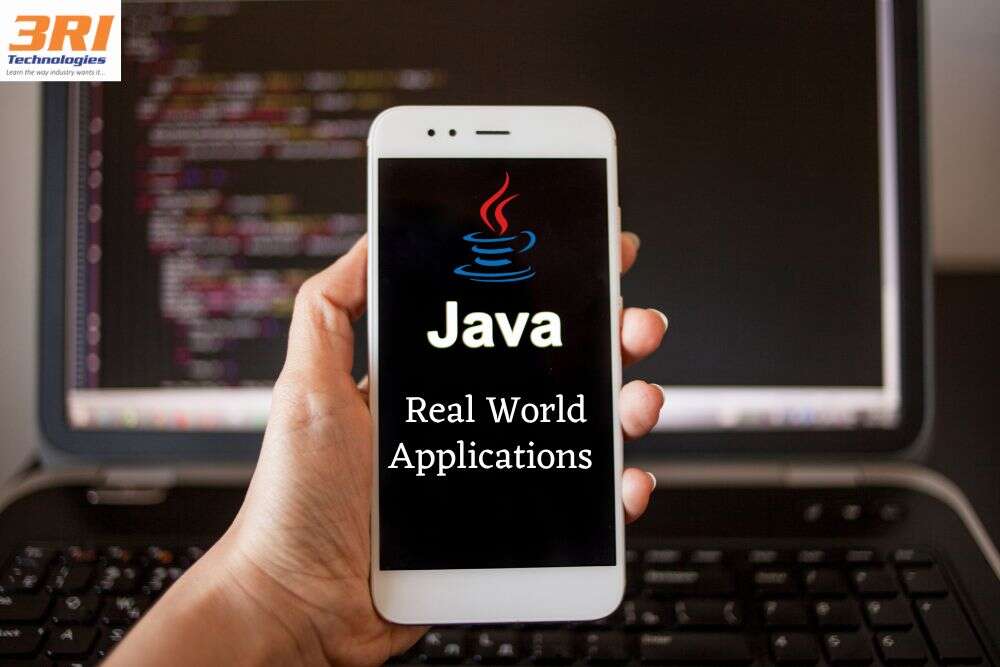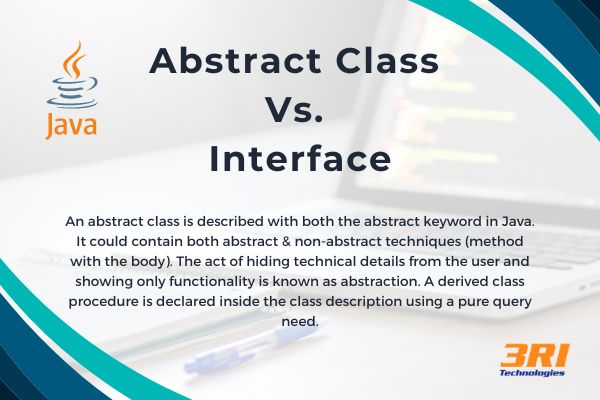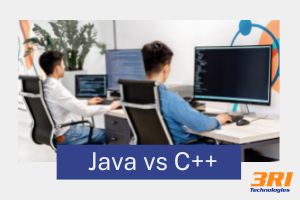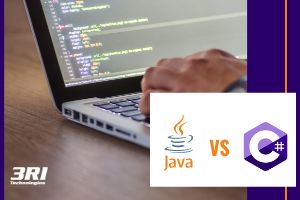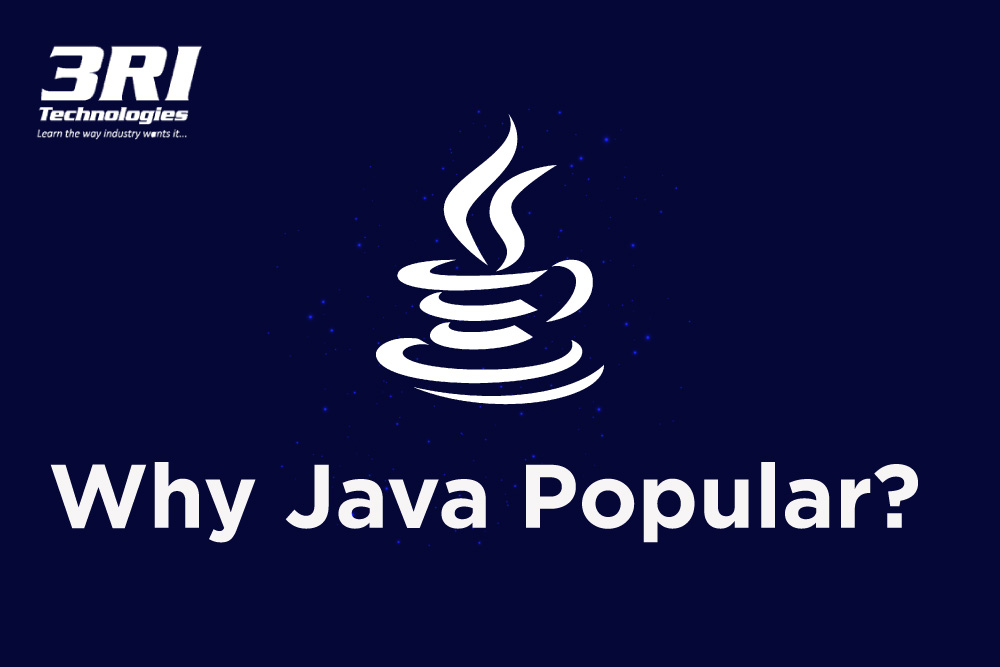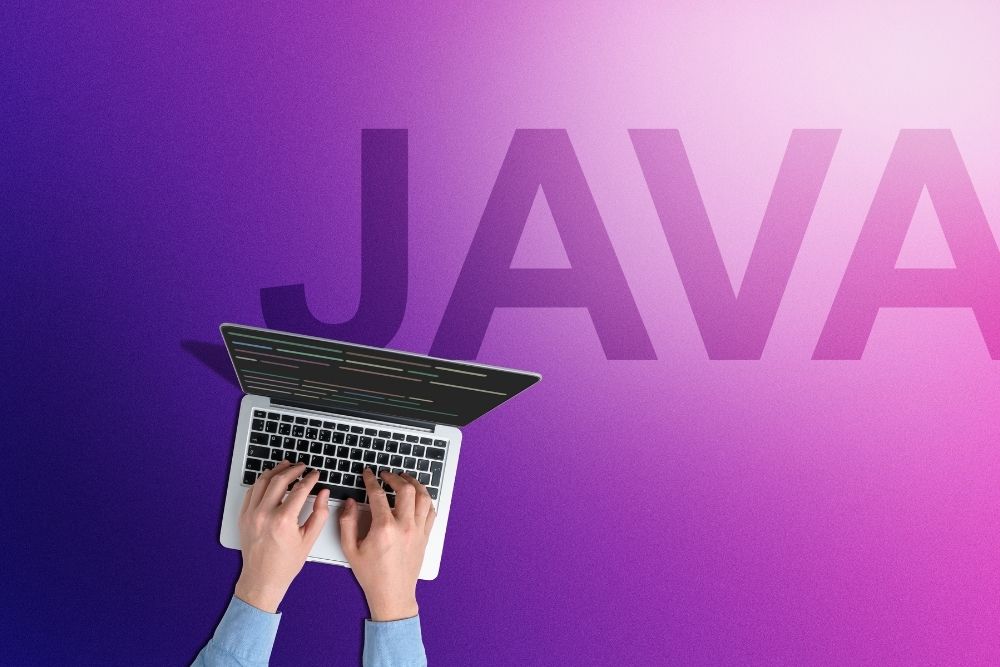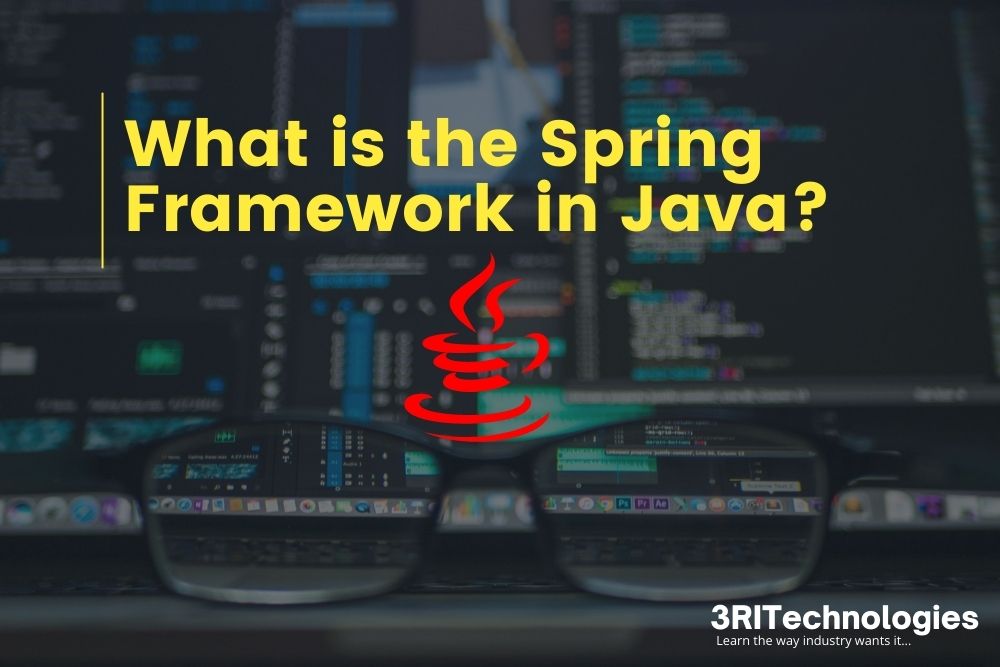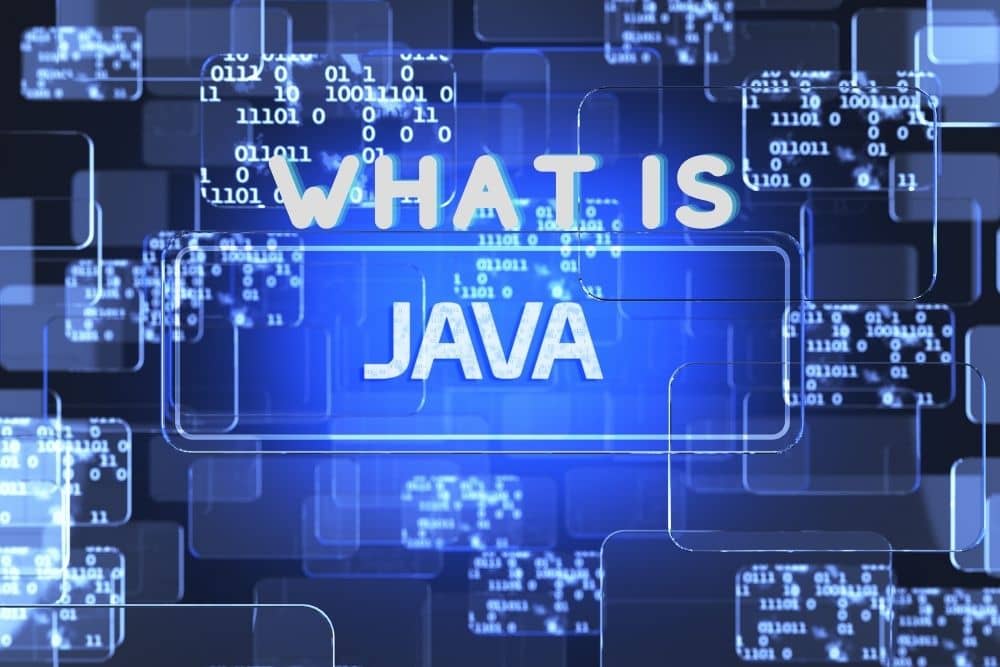Java became the most powerful programming language because it has many great features. Its benefits include platform independence, outstanding performance, object orientation, support for autonomous garbage collection, and many other features. This blog will examine the Top Applications of Java in the real World.
An abstract class is described with both the abstract keyword in Java. It could contain both abstract & non-abstract techniques (method with the body). The act of hiding technical details from the user and showing only functionality is known as abstraction. A derived class procedure is declared inside the class description using a pure query need.
There are numerous distinctions between java vs. c++, some more subtle than others—the difference between c++ and java in terms of platform dependencies, memory management, and class usage. C++ is platform-specific and must be compiled on each platform. Java is platform agnostic. Once completed, it could be executed on every platform when converted to bytecode. Memory management in Java is system-controlled, whereas memory management in C++ is manual.
Java is designed to run on the Runtime Environment (JRE), whereas C# is built to operate just on Common Language Realtime (CLR)
HashMap is not synchronous. Unlike the Hash table, it is not a string and cannot be shared by multiple threads without a suitable synchronization code. It's thread-safe and, therefore, can be shared by several threads.
Java programming is one of the most common technological jobs. The average annual salary for the job is around $75,000, with a pay range of $50,000 to $105,000. Everyone will start as a software engineer, the lowest rung of a computer engineer's career. They typically work in groups with mentors & supervisors to whom employees must report.
In this post, we discuss the top features of Java programming language in order to understand why programmers, software developers, and data science professionals keep choosing Java. In this article, I am going to discuss the features of Java Language, or the reasons Java has gained such popularity among developers.
In this post I will explain what java is, how it works, how java is platform independent programming language, and what makes it so popular.
There are seven modules in the Java spring framework. In addition to these modules, there is Spring ORM, Spring Context, Spring Core, Spring AOP, Spring DAO, Spring Web Flow and Spring Web MVC. There are several modules that enable you to build different types of enterprise applications; for example, Spring Web MVC allows you to build MVC-based applications.
What is Java? A Beginner’s Guide to Java Programming Language
Java Definition and Meaning can be purely defined as an object-oriented programming language and an operating system that can be used by billions of devices, including notebook computers, mobile phones, gaming consoles, medical devices, and more. Java is based on C and C++ rules and syntax.

